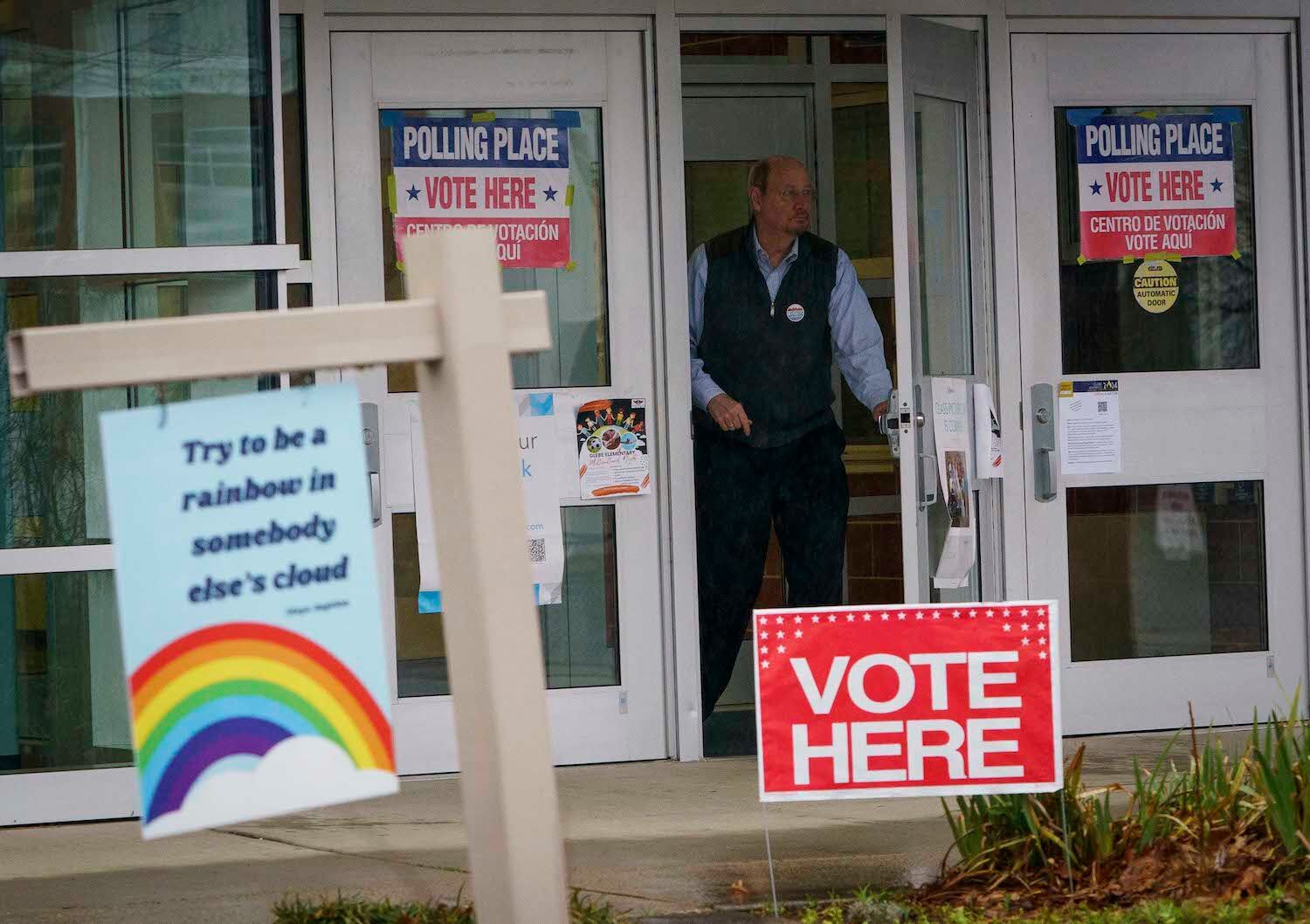Today is Super Tuesday, when 15 states and one territory hold votes for Democratic and Republican primaries. But while President Joe Biden and former President Donald Trump are largely expected to sweep their parties’ races for president, Super Tuesday will also help select the candidates running in other state and local races — races that could drastically affect the passage of LGBTQ+-related laws.
LGBTQ Nation reached out to the leaders of the largest queer advocacy groups in each Super Tuesday state to ask their opinions on why people should vote, what’s at stake, and local races and issues to watch. Their responses illuminate the challenges and opportunities facing LGBTQ+ Americans as the November general election approaches.
Related:
Thousands protest Joe Biden’s Gaza response by voting “uncommitted” in Michigan primary
Arab Americans have shown Biden that their vote matters in November election.
Alabama
Insights for the LGBTQ+ community
Subscribe to our briefing for insights into how politics impacts the LGBTQ+ community and more.
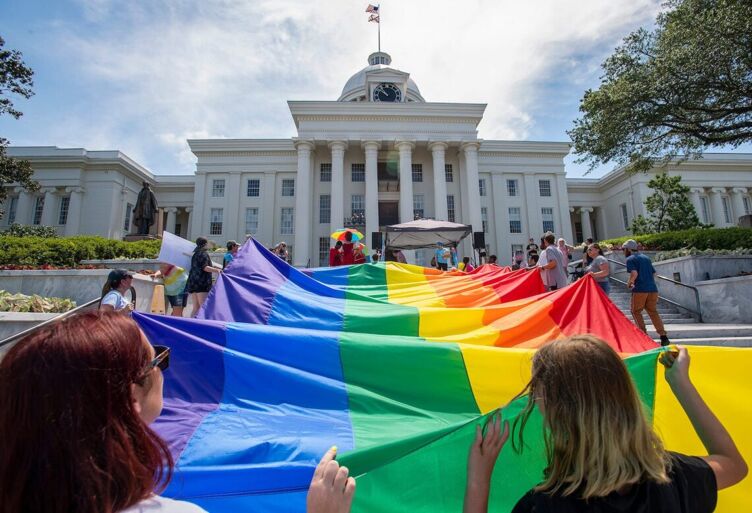
Chance Shaw, Executive Director of Rainbow Pride of Mobile
Alabama is much less “red” than people think. The notion Alabama is solidly red is rooted in ignorance to the diversity of the South and makes it that much harder to get people who don’t vote red out to vote. I firmly believe that if we could get our entire community and our allies out to vote, Alabama might look a lot more purple, or even blue. Beyond that, even if the numbers don’t change the outcome, it still gives us a solid footing to point out things like almost 40% of Alabamians don’t support the policies of [Gov.] Kay Ivey (R) and don’t believe she should be governor.
My fear is there is more at stake than most people realize. Since Roe v. Wade has fallen, there has been talk of various states challenging Obergefell, or even Lawrence next. Honestly, I believe they will. If given the chance, I believe that the evangelical right would go so far as to challenge Loving, with the hope of eradicating marriage equality and making life impossible if you’re queer or a person of color.
For us here in Alabama, the most important [races] to watch in my opinion are the races for state representative and state senator. Your local state representative and senator have a lot more impact on the laws that affect day-to-day life. It’s these folks that we see proposing bills like all the anti-LGBTQIA+ legislation we’re seeing this year.
Alaska
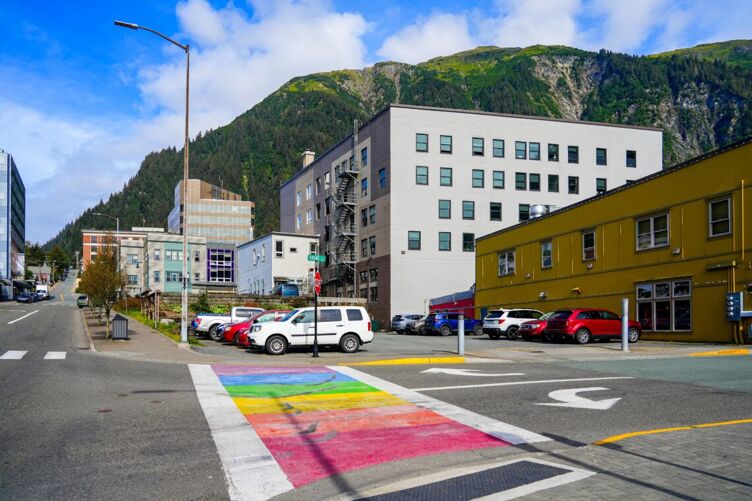
Katie Carter, CEO of Pride Foundation
We know that “red states” contain multitudes of people, identities, and expressions. Republicans make up just under one-fourth of registered voters in Alaska — the majority of registered voters in the state are unaffiliated.
More importantly, we know that election results aren’t just determined by those who show up to vote — they’re also determined by those who don’t. It’s imperative that LGBTQ+ people and allies mobilize and vote for candidates in November who will prioritize equality, justice, and liberation for all. The act of voting sends a clear message to policymakers and candidates about the priorities and concerns of our community. When we show up to the polls in large numbers, we demonstrate our collective strength and electoral power — forcing candidates to address LGBTQ+ issues and incorporate them into their platforms.
Our very democracy is at stake and the promise of basic human rights for LGBTQ+ people hangs in the balance. It’s bigger than just these two candidates [Trump and Biden], it’s about our collective future. A vote for Trump risks further erosion of human rights and a return to policies that discriminate and marginalize. November’s election stands as a pivotal moment to protect and expand rights for us all and to advance toward full equality under the law.
The rollbacks of protections under Trump have had a profound impact on our community — particularly QTBIPOC folks who face intersecting forms of discrimination and marginalization. Attacks on race, gender, reproductive health, and refugee and immigrant justice will only be emboldened with Trump in command. The connection between these interlaced movements for justice cannot be ignored in conversations about what’s at stake in November.
The volume of anti-LGBTQ+ legislation across the country — more than 100 anti-LGBTQ+ bills introduced this year alone — shows just how imperative it is to not lose sight of local elections or the harmful legislative measures taking place that are never presented to a public vote. The overwhelming majority of recently passed anti-LGBTQ+ laws were voted on by elected officials behind the closed doors of state legislatures. State and local legislation sets a tone of either safety and inclusion, or danger and exclusion, and these local wins and losses contribute to larger cultural movements that we’re seeing play out across the country.
In Alaska, there are currently seven anti-LGBTQ+ bills introduced for the current legislative cycle. Six of these bills, including H.B. 105, H.B. 338, and H.B. 382 specifically target LGBTQ+ youth through measures like restricting access to school sports and facilities, curriculum censorship, forced outing, and denying access to gender-affirming care among other healthcare restrictions. While it’s uncertain which of these bills will become law, their very existence and the dangerous rhetoric that surrounds them cause immeasurable harm to the most vulnerable members of our community.
Maine
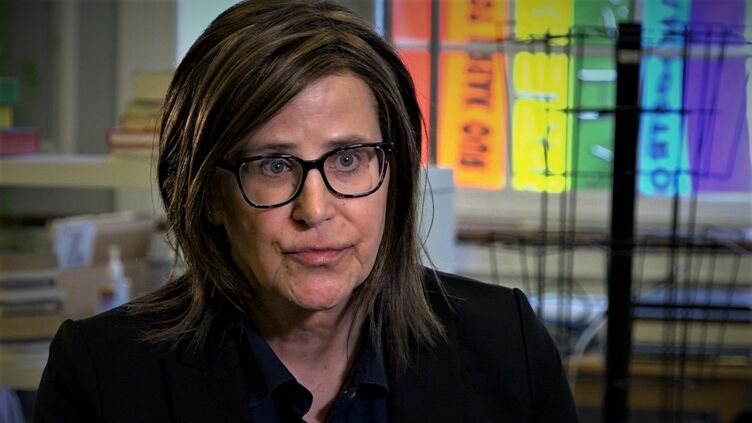
Gia Drew, Executive Director of EqualityMaine
While Maine, more recently, has voted for a Democrat for U.S. president, we have split our electoral votes in the past two elections, with three going to the Dem and one to the GOP each of the past two presidential elections. I think LGBTQ+ people should vote, it’s one of the most powerful things a person can do to have their voice heard. This is especially true in a small population state like Maine. Not voting, potentially could give the presumed Republican candidate (Trump) the opportunity to improve their chances nationwide of succeeding by winning a few more electoral votes here. There is no dispute on which candidate is best for LGBTQ+ people’s rights and freedoms, and no president in history has taken more pro-LGBTQ+ stances than the current President, Joe Biden.
There’s too much at stake with the upcoming election in regards to the eventual rematch of Trump vs. Biden for people to sit this one out. For LGBTQ+ people in Maine and across the country, the contrast couldn’t be greater between the top two candidates. While we have strong protections here in Maine, having a president who is openly hostile to LGBTQ+ people, especially transgender folks, is dangerous to all of us across the country. We just have to look at the record of the previous president, who did everything in his power to dismantle existing protections for LGBTQ+ people, from appointing anti-LGBTQ judges, attempting to dismantle public education, attacking the protections under Title IX, and preventing transgender people from serving in the military — [these] are just a few examples of what he is capable of.
There are many pieces of legislation in Maine we’re working on, some are related to the nuts and bolts of making state government more inclusive, like ensuring all government forms have a third [gender] option of X available, that education regulations reflect our non-discrimination laws (which include sexual orientation and gender identity), but also a bill that protects providers who offer gender-affirming care from legal repercussions from other states, as well as protections for families and trans youth from other states who seek gender-affirming care. These bills are also known as “shield” bills, and despite an earlier setback on a similar bill, we feel very confident that we can get a new bill across the finish line this legislative session.
Minnesota
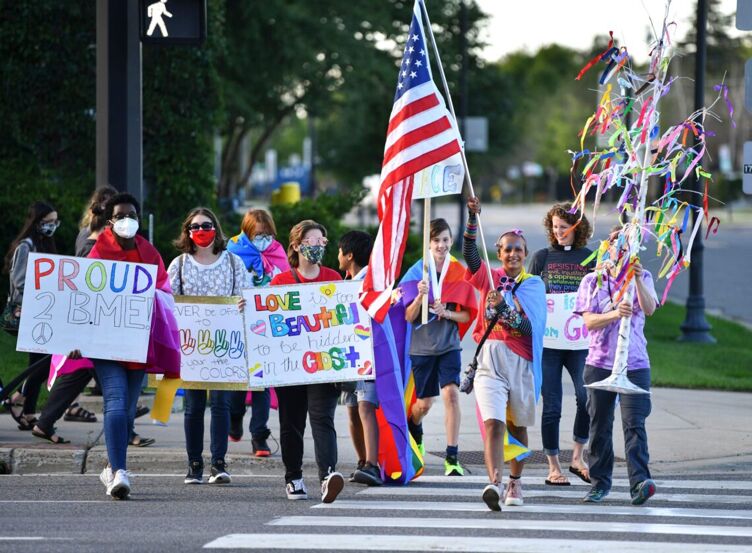
Seth Goodspeed, Director of Development and Communications at OutFront Minnesota
Minnesota voters show up — our state consistently has one of the highest voter turnout rates in the country. LGBTQ+ voters and our allies in this state have proven time and time again that equality under the law is a Minnesotan value; and when Minnesotans vote, we ensure wins up and down ballot.
2024 is not a year for apathy. Our fundamental rights to make choices about our bodies, lives, and relationships are on the ballot this November. This presidential election will not only impact policy from the executive branch, but, more importantly, will continue to shape how the courts could enact harmful laws through the federal judiciary. The stakes are high because there is a concerted effort to push LGBTQ+ folks out of public life in so many places across the country. Let’s ensure the national stage is affirming of LGBTQ+ rights so grassroots organizations can continue to focus on organizing at state and local levels that are critical to building lasting change.
Minnesota has advanced a historic slate of pro-LGBTQ+ legislation over the past year including banning conversion “therapy,” our trans refuge legislation, establishing a state LGBTQIA2S+ council, investing in programs addressing HIV/AIDS, and funding important work to advance community needs. For Minnesota to continue this work, we need to continue to maintain a pro-LGBTQ+ majority in the state house where every seat is up for election this November. Those races are critical. Beyond that, we saw great success in 2023 in school board elections, but with many more school board races on the ballot in 2024, that work is going to be more critical than ever to ensure Minnesota’s schools are welcoming and inclusive for all students. There are no unimportant races this year (or any year)!
Tennessee
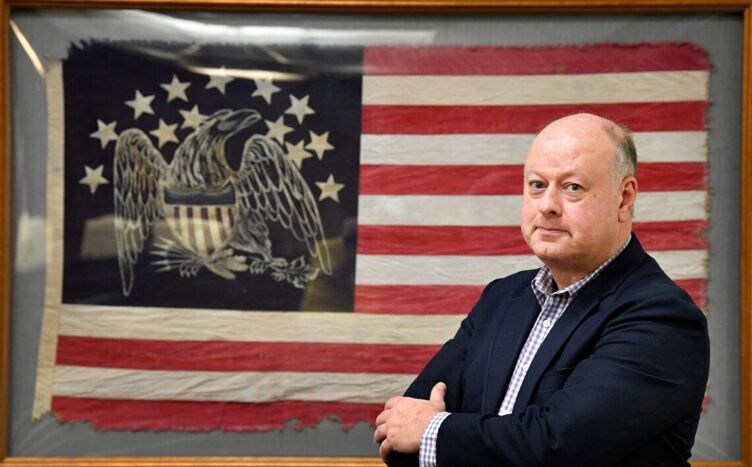
Chris Sanders, Executive Director of the Tennessee Equality Project
Our community and allies should vote in every election. It decreases the likelihood that our names will be purged from the voter rolls and it allows us to influence state legislative and local government elections, which can be close. Political tides shift. If we are not participating every time, we won’t be ready for the day when they are breaking decisively.
Policy that affirms and protects LGBTQ students is on the line as state legislatures attempt to erase them. Protections for gender-affirming care for youth and adults are on the line. Employment non-discrimination protections and marriage equality may be on the line. In red states, the federal government can be a vital check on far-right legislatures. More than that, the climate of violence that is escalating against our community could skyrocket depending on the outcome of the election.
We are currently in our legislative session and we are working on over 20 anti-LGBTQ bills. HB1949 is one of the worst anti-trans bathroom bills that I’ve ever seen. I hope the national community and the corporate community will wake up to it before it’s too late and help us fight it.
Don't forget to share:


